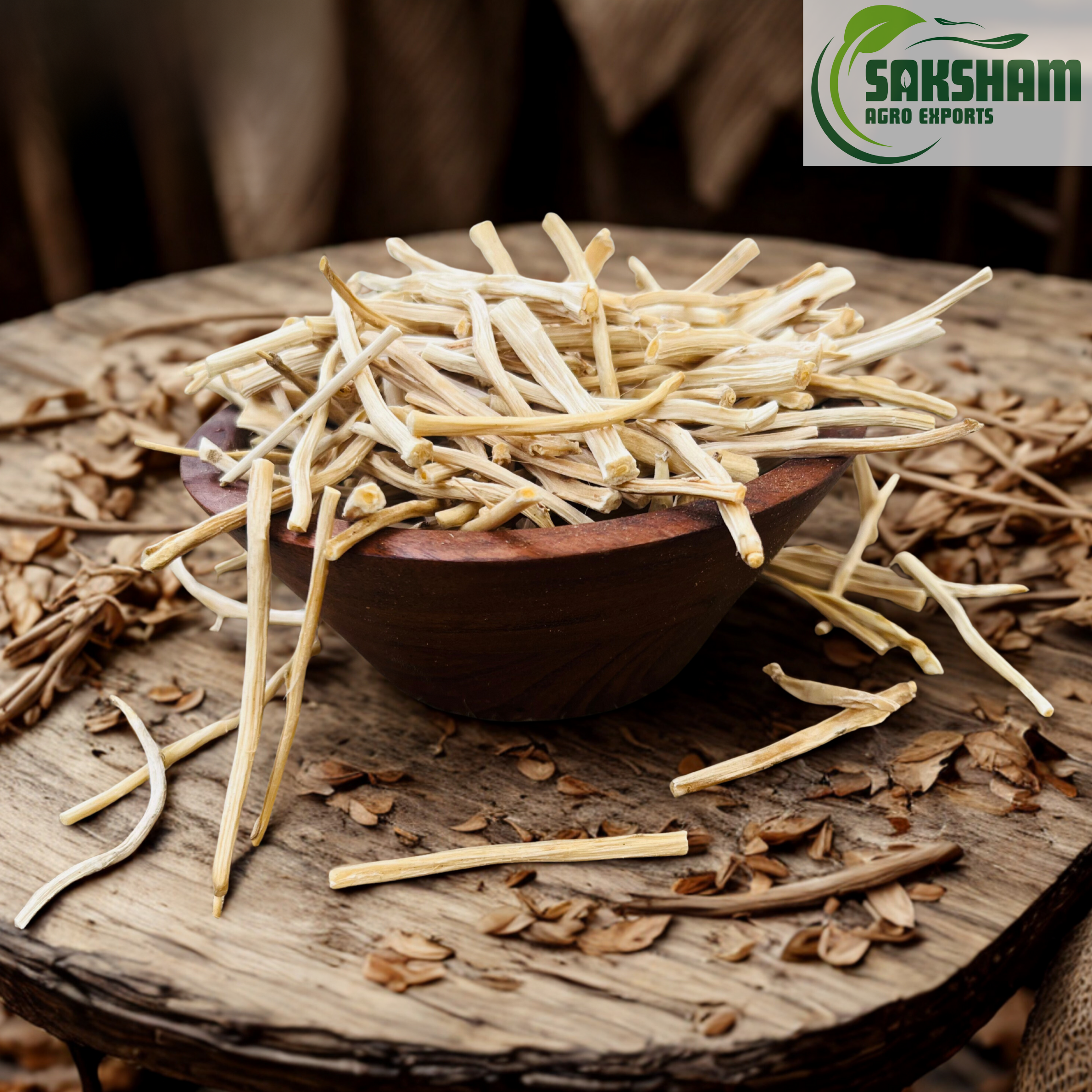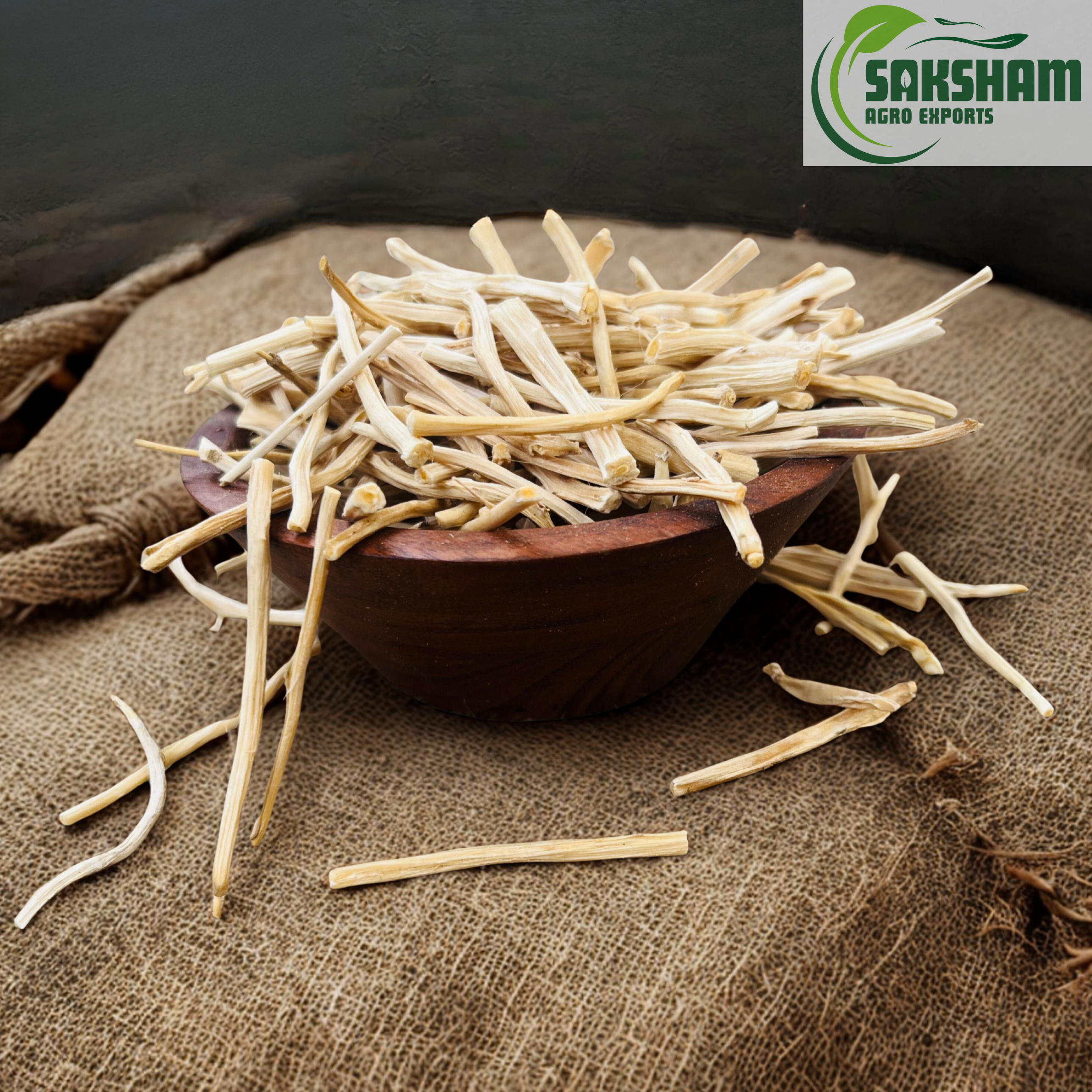Shatavari (Satavar)


Scientific Name
- Asparagus racemosus
Common Names
- English: Shatavari, Wild Asparagus, Indian Asparagus
- Hindi: Shatavari, Satavar, Satmuli
Description
Shatavari, scientifically known as Asparagus racemosus, is a climbing shrub native to India and the Himalayan region, valued in Ayurveda as a female health tonic. Its tuberous roots are rich in phytoestrogens and are traditionally used to support reproductive health, hormonal balance, and lactation. Shatavari is also known for its cooling, adaptogenic, and immunity-boosting properties.
Health Benefits of Shatavari
Shatavari is considered the “Queen of Herbs” for women’s health in Ayurveda and is also beneficial for general wellness:
- Women’s Health & Fertility – regulates menstrual cycles, supports ovulation, and helps in infertility.
- Pregnancy & Lactation – enhances milk production in nursing mothers.
- Digestive Health – soothes stomach ulcers, acidity, and indigestion.
- Immunity Booster – improves body’s resistance against infections.
- Adaptogenic – helps manage stress, anxiety, and fatigue.
- Male Health – though primarily for women, it also helps improve sperm quality and vitality in men.
Usage of Shatavari
- Medicinal Preparations
- Powder (Churna) – 1–2 teaspoons daily with milk, honey, or ghee.
- Tablets/Capsules – standardized extract for easy dosage.
- Syrup – widely used for women’s health (pregnancy, lactation).
- Traditional Ayurvedic Use
- Used in formulations like Shatavari Kalpa, Shatavari Gulam, and various Rasayana tonics.
- Combined with other herbs like Ashwagandha or Safed Musli for overall strength.
